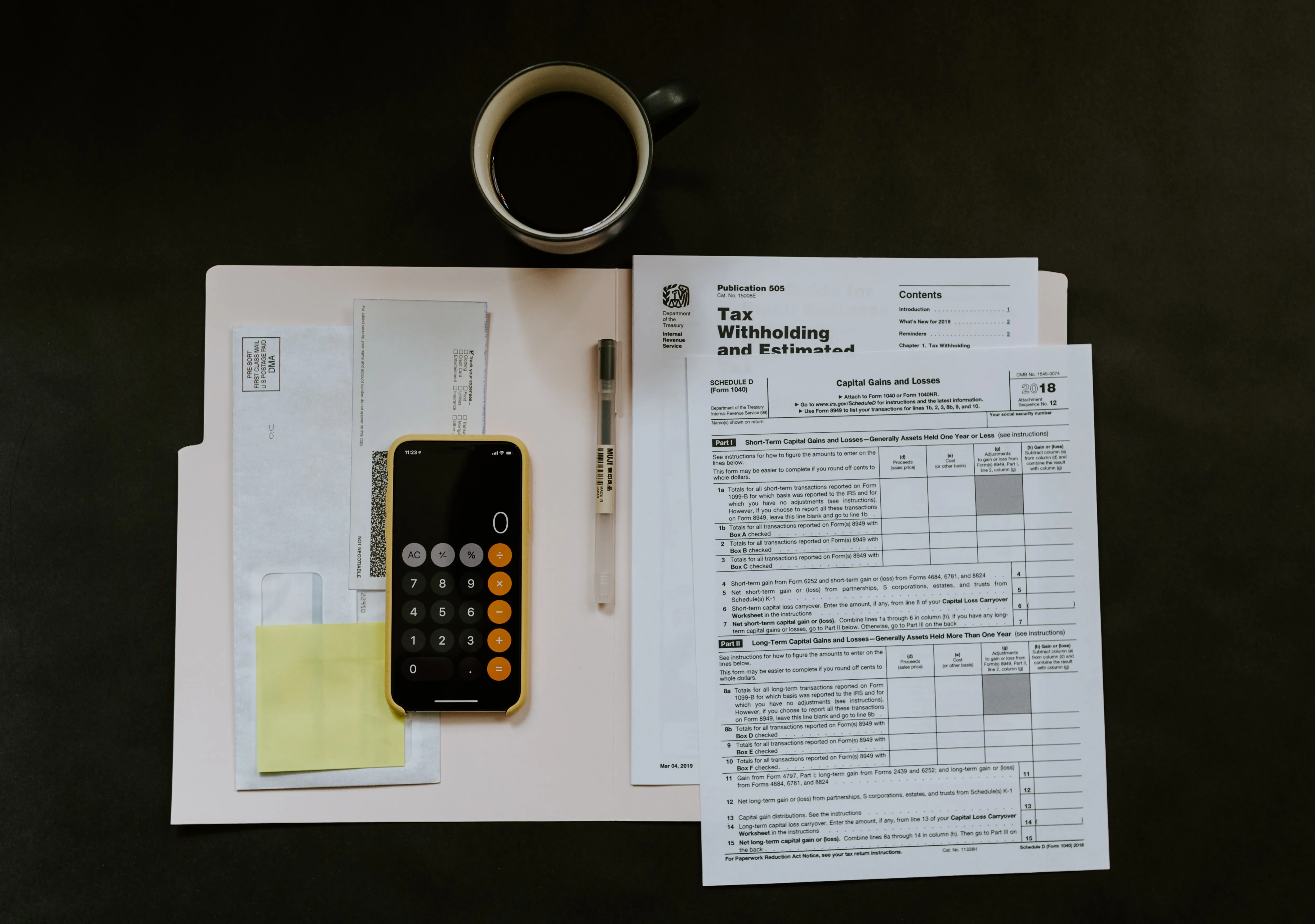You got a tax refund, now what?!
Every year, between February and April, we all get some mixed emotions every time we are filing our income tax returns or we get someone to do it, some get too excited but some are getting frustrated. Regardless, we all aim to receive a refund or at least not pay any more taxes. I mean, who would want to pay more taxes, right?!

Yet most of us don't think about planning ahead, minimizing the chances of owing more tax for next year and years to come by thinking of ways to minimize our tax obligations. Most of us will only ask our friends, relatives, even our colleagues and co-workers to solve these problems, but do they really know what they are saying? No one else could give us the right solutions but the tax professionals. It may cost us service fees, but at least we have peace of mind that we’re doing the right strategy in mitigating these tax issues.
“OK, wait, I thought we were talking about a tax refund?”
I know, I know, we are all excited about the tax refund. Most of us are excited knowing we will receive a big chunk of money and we all thinking about our dream items or dream vacations every time we wait for this refund to come. There’s nothing wrong with thinking about our dreams but have we thought of our priorities yet? Our future? Just because we received a tax refund this year does not mean we will always have, every year. And that is why planning ahead is important (like I have mentioned in the last paragraph). Planning an ongoing vacation or buying things that will make us happy is certainly not a bad thing. But who would wanna go on vacation while worrying about our problems when we get back? Why can’t we take some of that refund money and use it to our priorities?
Diversification is one of the best strategies when managing our finances. By delegating a portion of our tax refund into each of our priorities, needs and goals can help us achieve financial freedom. Here’s the list of the ways you can do with your tax refund. (list is in prioritize order)
1. Pay down debt- nothing else would give us a piece of mind but to pay down our stubborn debt. If you have multiple sources of debt, you may think that paying the lower balance first is a good way to minimize debt, but it is better to prioritize debt that charges you with highest interest. Because those are what are causing you to pay more.
2. Purchase Term Life Insurance- nothing is certain but an unexpected death. The worst part is leaving our love-ones with nothing. Term insurance is cheap and affordable with as low as $13 per month (100,000 Coverage for 10 years). It is enough to cover you short-term until you manage to increase your cash flow. Term Insurance can be renewed anytime or can be replaced with a permanent type insurance once income gets better. It is my advice that you prioritize this option together with paying off debt.
3. Invest in RESP- We work hard to provide and to bring a better future for our family and one of them is to be able to send them to college without having the need to acquire a loan. RESP or Registered Education Savings Plan is one and only best savings plan to save for your children's expensive college costs. And you may be eligible to receive federal government grants, Canada Learning Bond and provincial grants if you live in British Columbia and Quebec. To learn more about RESP; click here
4. Save up your down payment for your dream home- aside from our family, nothing else makes us excited about coming home but coming to a home that you know is yours. You can save up to at least 5% of the total value of your dream home. The good news is you can save taxes when you save in a FHSA or First Home savings Account, which will be effectively open by April 1, 2023. That means more tax refund. To learn more about FHSA; Click here. (FHSA page)
5. Invest for your retirement dream- we all work hard to provide for ourselves and our family but no one would wanna work until they die. That's why saving up for your retirement can help us achieve our retirement goal. Registered Retirement Savings Plan is the most popular retirement plan, every contribution you make in this plan can be used to lower your gross income that will be subjected into tax. That means more tax refund you will receive next year. Tax Free Savings Account can also be used as your retirement plan.The good benefits of having this account, you can withdraw any amount tax-free in case of emergency. Both RRSP or TFSA can be a good tool for this goal. To know which plan is best for you, reach out to a real professional like me.
6. Save some as your emergency funds- You can open a High-Interest Savings Account with your bank, preferably with the bank you have your checking account. That way, you can access the money whenever you need. Just don’t be too careless. You can also use this to fund your vacation trips.
These are only examples of successful money management and tax planning strategies that can help individuals and families achieve financial peace of mind. If you want to learn more, read through my business page or contact me for a 1-hour free consultation.
